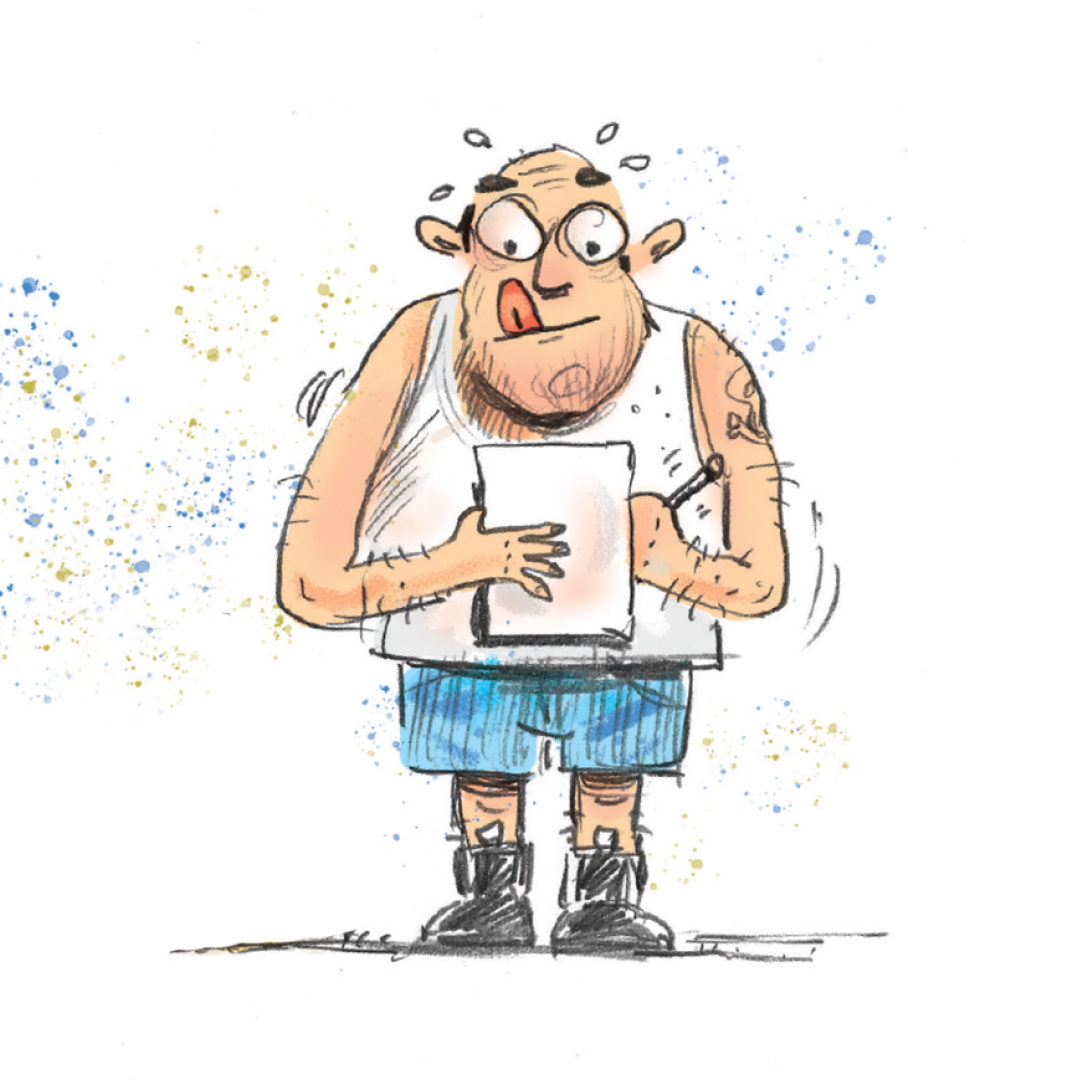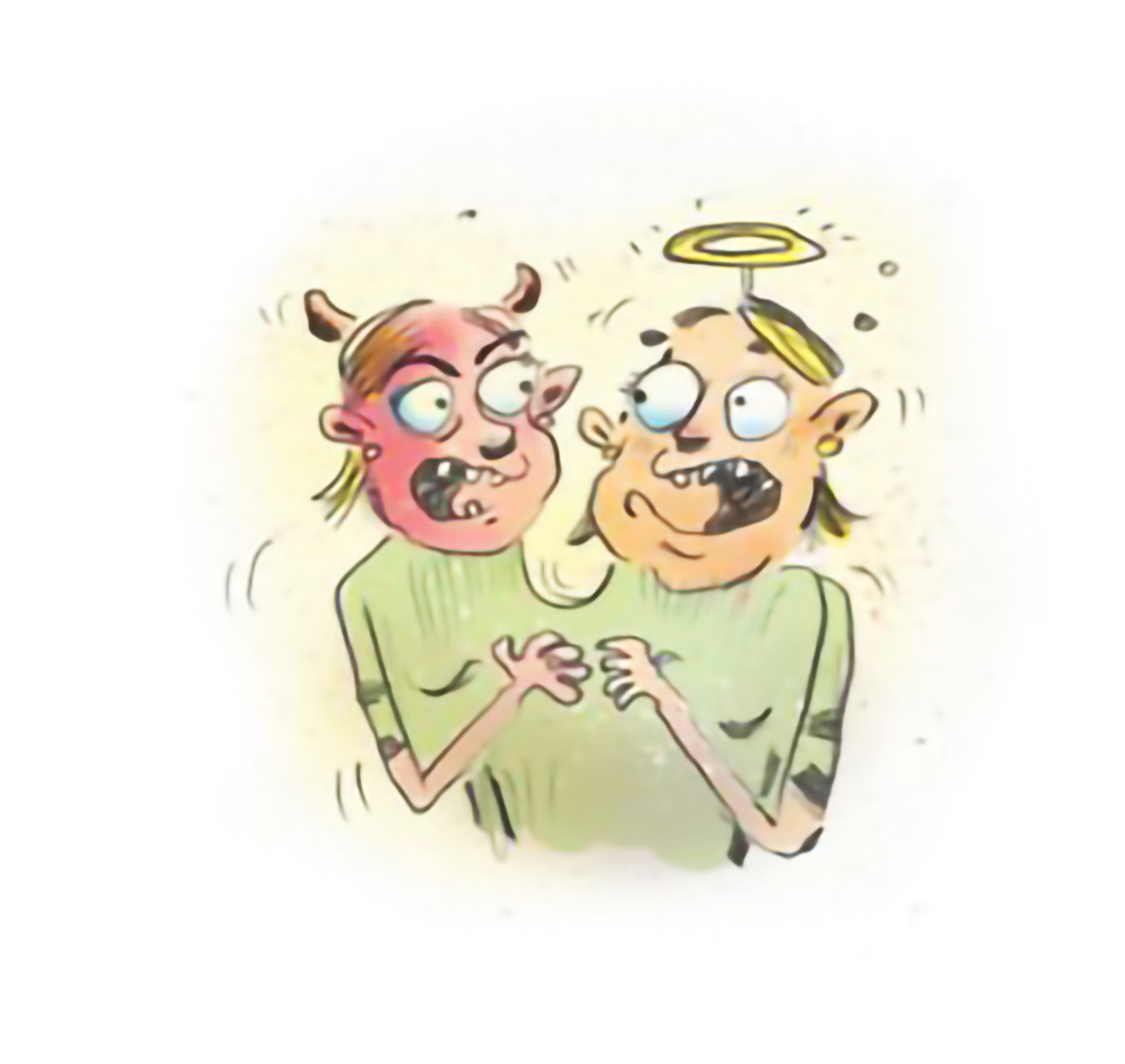AS THE NIGHTS GROW LONGER OUR MOODS GROW DARKER
The winter of depression
It was by no accident that we chose winter as the pivotal metaphor in the way that Metaphorical Therapy approaches the serious growing problem of depression. For some of us, the seasonal affective disorder appears to be a genuine problem. Here’s why it happens and how you might manage it better:
As one might expect, this form of depression varies somewhat according to geography. However, even in temperate regions, more than 3% of the population is affected. (In higher latitudes, like Tasmania this may rise as high as 10%.)
Scientists have revealed that darker moods are a result of the darker shorter days that disrupt our circadian rhythms. This is what causes some of us to develop symptoms of depression. While it is quite normal for most of us to have our ups and downs (and even for our downs to increase a little in winter) those suffering from Seasonal Affective Disorder experience the more intense symptoms of genuine clinical depression.
As these autumn days grow shorter, keep a look out for some of these common symptoms:
- A sad mood that seems to last longer than usual.
- A loss of interest in things you usually enjoy.
- Disruption of sleep patterns.
- Significant changes in eating or appetite.
- Fatigue and general loss of energy.
- Having difficulty concentrating or staying focused.
The most commonly reported symptoms of winter depression are hypersomnia, the desire to sleep more than usual, along with an increased appetite. Symptoms tend to first present in young adults and somewhat peculiarly affect three times as many women as they do men. Why, remains a mystery.
For each patient meeting the requirements for the diagnosis of seasonal affective disorder; many more fall just short of official guidelines. Instead, they are diagnosed with “subsyndromal SAD,” a milder but still burdensome condition.
By the way: There is mounting evidence of Summertime Seasonal Affective Disorder. But that is perhaps left for a brighter day.
Why does it happen?
The change in daylight disrupts our bodies’ release of melatonin, the hormone our brain releases to promote sleep. This part of our circadian rhythm; The biological clock that tells us when to sleep and when to wake up. Our biorhythms are cued by morning light. As the supply of daylight dwindles in winter, melatonin is released later. In other words, our inner alarm, conditioned over the months of summer, might be going off when our bodies are still in a state of biological night. As might be expected, things like shift work may add to this disruption of our circadian rhythms which are already out of whack, thanks to the shortening of the hours of daylight.
What can you do to avoid it?
First of all, Dr. Google is not to be trusted. Don’t be tempted to diagnose yourself. A professional diagnosis is the crucial first step toward treatment. Depression is a serious and dangerous mental health problem best to left to appropriately qualified and trained clinicians.
Once your diagnosis is confirmed one of the most common treatments for SAD that your doctor might recommend is sitting in front of a bright light. The emphasis here is on “bright”. Experts say the key is to look for a light equalling at least 10,000 lux. This is like sitting outside on a summer day in mid-December. This type of light is usually delivered by a specific type of lightbox like those recommended on the Yale School of Medicine website.
Experts recommend sitting in front of an appropriate light box for about 30 minutes. It is best to do this first thing in the morning in order to signal to the body that it’s time to wake up. This treatment can improve mood the very first day it’s used but needs to be repeated daily.
Metaphorical Therapy may help by employing key aspects of Cognitive Behavioural Therapy. Negative thinking breeds negative emotions. Metaphorical Therapy offers you structured ways to jettison redundant obsolete thinking. Concentrating on winter sports and wintertime hobbies may also be helpful. Remind yourself constantly that the situation is transient. As we say in our Winter of Depression podcast: Spring will come. Plan a summer holiday or simply look to the longer warmer days that lie ahead. If you suspect that the longer nights might be contributing to darker days, I recommend that you start by listening to Metaphorical Therapy’s Winter of Depression podcast. https://metaphoricaltherapy.com/themes/winter-of-depression/
Dr Mark Whittington.
1. Ch. B., M.P.M. FRANZCP
Consultant Psychiatrist
References:
https://medlineplus.gov/genetics/condition/seasonal-affective-disorder/#frequency
https://www.sciencedirect.com/science/article/abs/pii/016517819090116M
https://medicine.yale.edu/psychiatry/research/programs/clinical_people/winter/
https://medicine.yale.edu/psychiatry/research/programs/clinical_people/winter/obtain/



